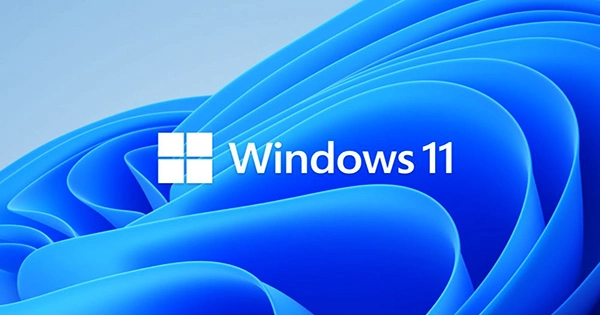Microsoft is preparing to modify the default file system in Windows 11 and enhance the security aspects of the operating system. The tech giant’s developers are independently working on two new features: utilizing ReFS as the default file system rather than NTSF and booting using Rust inside the kernel.
Rust is being included in the kernel of Windows 11 as a means of boosting its security measures. According to Wired, Rust is a memory-safe language that is comparable to Java in that it defends against injection attacks. It is meant to stop software from unintentionally accessing undesired data from the memory of a computer.
David Weston, Microsoft’s Vice President of Enterprise and OS Security, revealed the company’s plan to include Rust in the kernel for Windows 11 booting at the BlueHat IL 2023 conference. According to the CEO, the convergence of Windows and Rust is closer than ever.
Within a few weeks or months, Windows 11 users will be able to boot with Rust integrated into the kernel. Currently, performance and compatibility are the main priorities. This involves creating corresponding Rust data types for a few internal C++ data types.
Microsoft has come a long way so far, employing common Rust APIs like Vec and Result that are simpler to create and comprehend than their C++ equivalents.
In addition, according to PCMark 10, the performance of the converted code has been great, with no discernible change in Office programs.
Rust integration has also prompted improvements in the language itself, such as more try_ methods for Vec that do not panic on OOM. While there are still many “unsafe” code calls to external functions, the number of unsafe blocks and functions is decreasing as more code is ported.
“Rust cannot and will not be the only solution to increasing Windows memory safety.” “This is an excellent paper evaluating various CPU-based memory tagging approaches and their ROI in terms of vulnerabilities,” remarked David Weston.
The inclusion of Rust in the Windows 11 kernel seeks to make the operating system safer and easier to maintain, while also gaining benefits from tooling and performance enhancements.
ReFS as the default file system: Another update attempts to make ReFS the default file system on new installs, and this change was already seen in the Windows 11 preview edition.
Microsoft developed Resilient File System (ReFS) to take the role of a New Technology File System (NTFS), but ReFS did not support the installation of Windows 11’s consumer versions. For those who don’t know, ReFS has numerous advantages over NTFS, including the ability to handle massive volumes or storage pools and respond to unforeseen storage demands.
In order to enhance the user experience, Windows 11 may soon transition from the NTFS file system to the Resilient File System ReFS on new installs. It has also increased corruption resistance.
















